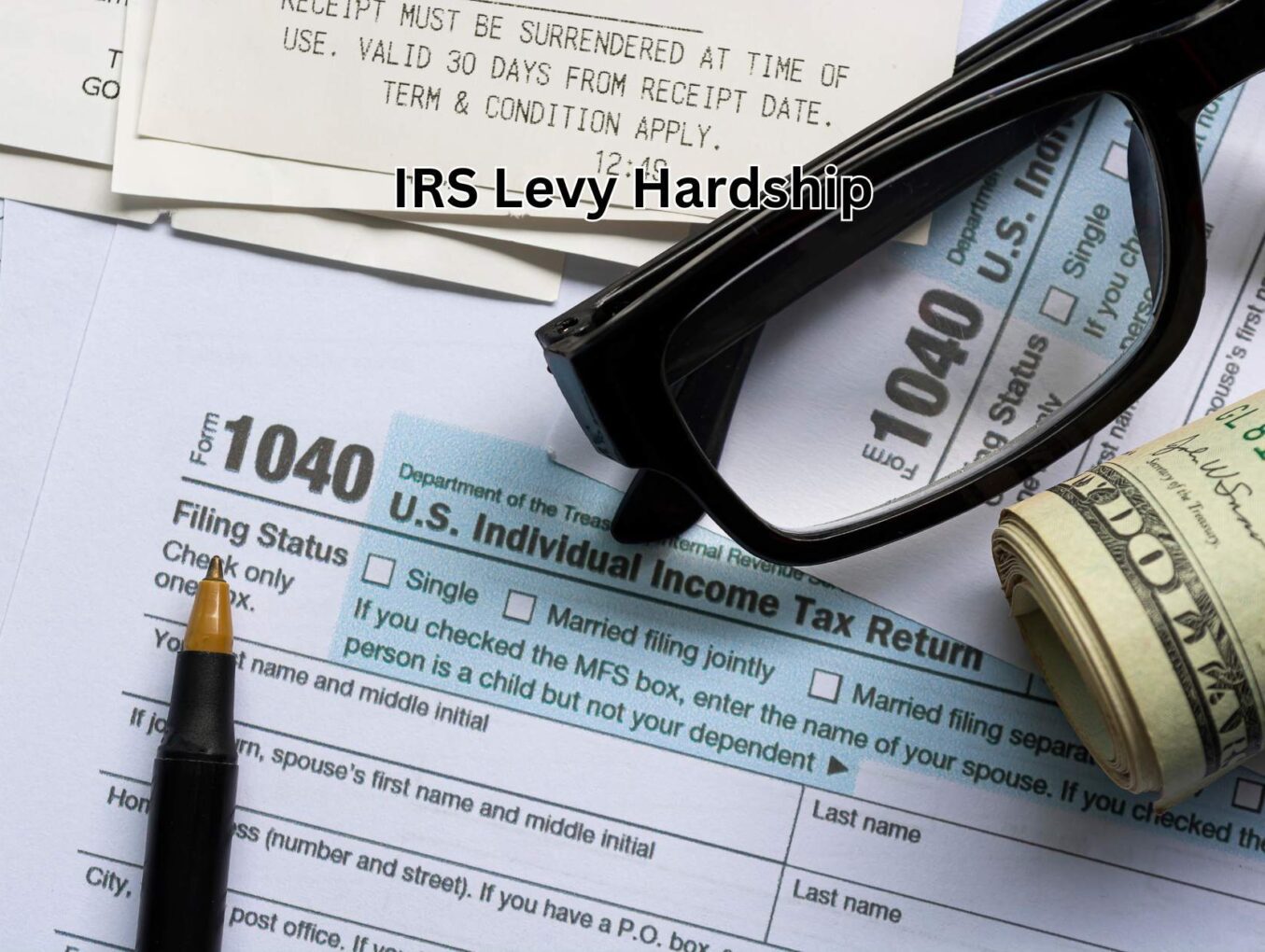How Does the IRS Determine Financial Hardship?
When a taxpayer claims a levy will create a financial hardship, the IRS examines their income and necessary living expenses to determine their ability to pay taxes owed. If they find a taxpayer does not earn enough money to pay for both monthly living expenses and tax debt, the IRS may approve a financial hardship claim.
In addition to income, other assets the IRS uses to establish a taxpayer’s ability to pay back taxes and whether a levy will create a hardship include:
- Liquid assets, stocks and bonds, savings/money market accounts, and certificates of deposit (CDs).
- Real estate property, vehicles, and other valuables. In some cases, these assets take longer to convert to cash and the IRS may not consider them to be part of a taxpayer’s liquid assets.
If the IRS reviews a taxpayer’s finances and agrees that the amount of the levy exceeds the taxpayer’s ability to pay, they may decide to release the levy due to financial hardship.
How Do You Request an IRS Levy Release?
You must contact the IRS via phone to request a levy release for financial hardship. The specific number to call will be on your levy notice. An IRS agent will ask about your monthly income, living expenses, and existing assets.
You will want to be able to provide the same information as if you were filling out the IRS 433-A collection information statement.
The IRS is required to release a levy if:
- The collection period ends before they can issue the levy.
- Releasing the levy will help you pay your tax debt.
- You have an Offer in Compromise or Installment Agreement payment plan that does not allow the IRS to pursue a levy.
- The IRS determines the levy will pose a financial hardship.
- The value of assets levied exceeds the tax debt and releasing the levy will not interfere with collections.
Can the IRS Release Both Wage and Bank Account Levies?
Yes, wage garnishment and bank account levies may both be released depending on the severity of a taxpayer’s financial hardship as determined by the IRS.
If the IRS agrees to release a wage levy, they will contact the employer and inform them to stop garnishing wages.
Bank account levies are often a one-time seizure of money from a taxpayer’s checking or savings account.
Banks must freeze funds for 21 days before they can transfer any money to the IRS. This 21-day window allows a taxpayer time to request a levy release or resolve the tax issue.
If the IRS Releases a Levy, Is Your Tax Debt Forgiven?
No, tax debt is not forgiven when the IRS releases a levy. Even though they won’t garnish your wages or take money from your bank account, you must make arrangements with the IRS to pay off the debt. Otherwise, the original levy may be reissued.
Are You Eligible for an Offer in Compromise If an IRS Levy Causes Financial Hardship?
If the IRS agrees to release your levy for financial hardship and you need help to pay off your tax debt, you may qualify for an Offer in Compromise (OIC). With an OIC, you can submit a settlement amount to the IRS that is less than what you owe but that you’re able to pay.
Offers can be lump sum (5 or fewer payments) or periodic (monthly payments until your settlement amount is paid in full).
The IRS will review your Form 656 Offer in Compromise application and your Form 433 collection information statement to consider your offer amount and payment option.
Note that all tax returns from previous years must have been filed and you cannot be involved in active bankruptcy proceedings when you submit an OIC.
How Do You Appeal When the IRS Denies a Levy Release?
You can dispute the IRS decision not to release a levy by mailing a written letter to the address printed on the appeal notice mailed with your levy release denial.
You have to file your formal protest within 30 days from when you receive notice that your levy release was denied.
Failure to submit your appeal request within this period will likely result in the levy being enforced.
When you appeal, the IRS will initially assess your reasons for the appeal and attempt to resolve the disputed levy with you.
If it isn’t resolved, the IRS will send your case to its Independent Office of Appeals, where your levy release will be reconsidered.
Need more help? You can start online by answering 6 simple questions.
6 Simple Questions. Free Evaluation.

